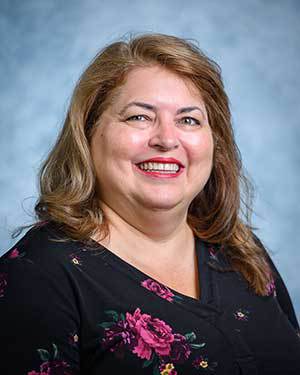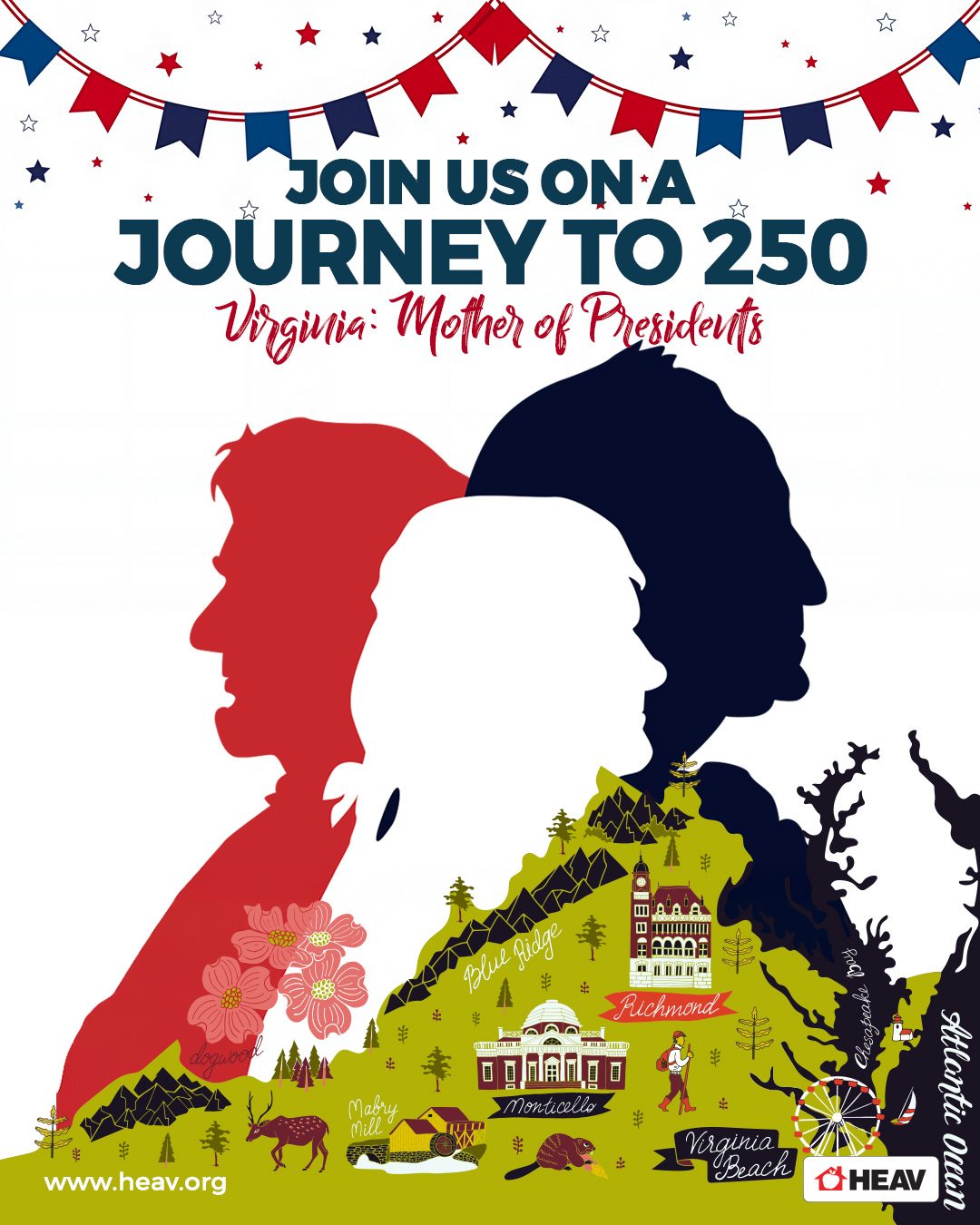Leaders, It’s OK to Say No
by Sheri Payne
In my own leadership journey, I’ve discovered something powerful. It’s the courage to say NO.
We humans have some beliefs about success. I think we generally believe that success is obtained through being open to opportunity—by saying “yes” to opportunities. But successful people actually say something very different.
Steve Jobs says, “People think focus means saying yes to the thing you’ve got to focus on. But that’s not what it means at all. It means saying no to the hundred other good ideas that there are. You have to pick carefully. I’m actually as proud of the things we haven’t done as the things I have done. Innovation is saying no to 1,000 things.”
There is a dynamic at play that centers around exceptional leadership.
Exceptional leaders are different. They have the courage to say “no.”.
Twenty years ago, I volunteered to be the leader of my support group. That first year, we started off with a planning meeting, like we always did. It was a mandatory meeting to decide on field trips, classes, and activities. We asked people to tell us what they wanted. Lots of great ideas were suggested. But, when it came time for volunteers to help make them happen, no one volunteered. Everyone wanted the field trips, the classes, the picnic—but nobody wanted to help make them happen.
So, it all fell on the leadership team. Actually, mostly on me.
Worst. Year. Ever. Things were planned but not well. Balls were dropped. Attendance was sporadic. People committed to come to field trips but then didn’t pay. No one signed up to bring food to the picnic. I had to beg people to watch the children in the gym during our monthly meeting. Sometimes I had to introduce the speaker then run out to the gym to watch the children myself. By the end of that year, I was BURNT OUT. Leaders served for two years and were often reelected for more terms because no one else wanted the position. By this point I could see why! I was frustrated, confused, bitter, you name it. And of course, I complained to my husband.
The Courage to Say No
"People think focus means saying yes to the thing you've got to focus on. But that's not what it means at all. It means saying no to the hundred other good ideas that there are. You have to pick carefully. I'm actually as proud of the things we haven't done as the things I have done. Innovation is saying no to 1,000 things."
~ Steve Jobs Tweet
I was talking about last year’s planning meeting and how no one stepped up to organize anything. He said something very wise. He said, “Then why did you agree to do these events? If no one steps up to organize it, then it just doesn’t happen.”
Wait—I could actually say no?
I was nervous at the start of the next planning meeting. What we did at these meetings each year was field ideas, and I wrote them on a dry erase board as they were suggested. Then, I began to ask who was willing to coordinate each event.
When no one offered to coordinate the beloved yearly picnic, I actually erased it off the board. I don’t remember anyone saying anything about it. As we went on, more things were erased off the board. But, a few people stepped up to coordinate some field trips and classes for the year. We ended up with a list that was greatly pared down from the previous year. I and the other members of the leadership team even agreed to coordinate an event or two. But not ALL OF THEM.
It was a very successful year. People actually attended the events. For the most part, they stepped up to their commitments to volunteer, and we had some great field trips and fun classes for the kids. However, a lot of people complained that their beloved yearly picnic was not going to happen. They still expected the leadership team to pick it up, but we did not. I fielded a lot of phone calls about it, but I refused to budge. But, at the next year’s planning meeting, we were able to get a whole committee formed to plan the picnic. And I wasn’t on it!
Of course, in this case, time was the factor that determined our NO. That’s easy. But what if you have the time and the volunteers? You have the space, you have the teachers, you have the people. Does that mean you can say YES to everything?
What if you’re faced with multiple choices that all look good? How do you decide which is best?
How do you know what to have the courage to say NO to, and what is actually worth considering as a YES? You need a lens through which you make decisions as to what is worthy of your YES and what needs a NO.
We can all easily articulate WHAT we do as an organization. We’re an educational co-op. We’re a support group. We’re a place to disseminate information. When we describe ourselves, that is generally where we start.
When asked to go deeper, we start to articulate our HOW. We’re a Christian organization. We’re inclusive. We follow the teachings of Charlotte Mason. We’re nature-focused. This describes HOW we do what we do. Certainly we can base our decisions on this information, right?
But, who we really are is much deeper than this. Can you articulate your belief? Your purpose? Your passion? HOW is focused on the results. What’s at the true core, though, is your WHY.
Your WHY is your mission. It’s not your WHAT or even your HOW. Often, we craft what we consider a mission statement, but it’s really just a statement of our WHAT and HOW. The WHY is hard. It’s not easy to find, and when you find it, it’s not easy to articulate. But if you can articulate it, it becomes compelling.
Our WHY becomes our mission. Our mission becomes our lens to pass all decisions through. We concentrate on doing the things that further our mission. We become very good at fulfilling that mission, and we begin to inspire people to be not just partakers, but partners. We begin to have a real sense of community.
It’s okay to say NO—so you can say YES to what really matters.

Sheri Payne is a homeschool support group leader, former history and government teacher, co-op leader, writer, and speaker. She is currently the director of leadership and military support for Home Educators Association of Virginia.
She and her husband Jim have been married for 29 years and are parents to three always-homeschooled children. Jim is a retired Navy veteran who currently works for Naval Special Operations Group Two.










